Textbooks placed on reserve by course instructors are kept behind the Service Desk at the Simon Schwob Memorial Library and the Music Library. A valid CSU ID card must be shown to borrow these items. The Course Reserves listings are integrated into the GIL-Find Library Catalog. To find the material you are looking for, please go to GIL-Find and click on Course Reserves. Once there, you may search for the Reserve item by instructor, department, or course.
For specific information about the Music Library, please see the Music Library Reserves page.
Faculty may request to reserve items for their course using the Reserve Request Form. You may fill out the online form or a paper copy at the Service Desk in the Simon Schwob Memorial Library.
Reserves Policy
-
Course Reserves are processed in the order received.
-
It may take 48 hours of processing time (excluding weekends) to place items on reserve.
-
All materials placed on Reserve must be within "fair use" guidelines as found in Section 107 of Title 17 of the U.S. Code.
-
Students need a current CSU ID to check out items from Course Reserves.
-
Students need to know the professor's name and/or course number.
-
Reserve materials will be removed at the end of each semester unless prior written notification has been received that the items need to remain on reserve for the catalog year.
-
CSU Libraries cannot guarantee the safety of personal items placed on reserve. We will make every effort to protect the items and use the same procedures to guarantee their safety as if the items were the library's property. Despite our best effort, if a personal item is stolen, CSU Libraries is not responsible for replacement costs.
US Code: Title 17, Section 107: Fair Use Policy
Notwithstanding the provisions of sections 106 and 106A, the fair use of a copyrighted work, including such use by reproduction in copies or phonorecords or by any other means specified by that section, for purposes such as criticism, comment, news reporting, teaching (including multiple copies for classroom use), scholarship, or research, is not an infringement of copyright. In determining whether the use made of a work in any particular case is a fair use the factors to be considered shall include:
-
the purpose and character of the use, including whether such use is of a commercial nature or is for nonprofit educational purposes;
-
the nature of the copyrighted work;
-
the amount and substantiality of the portion used in relation to the copyrighted work as a whole; and
-
the effect of the use upon the potential market for or value of the copyrighted work. The fact that a work is unpublished shall not itself bar a finding of fair use if such finding is made upon consideration of all the above factors.
More information about Fair Use can be found in the Library's Copyright Guide.
More Copyright Information
USG Policy on the Use of Copyrighted Works in Education and Research
